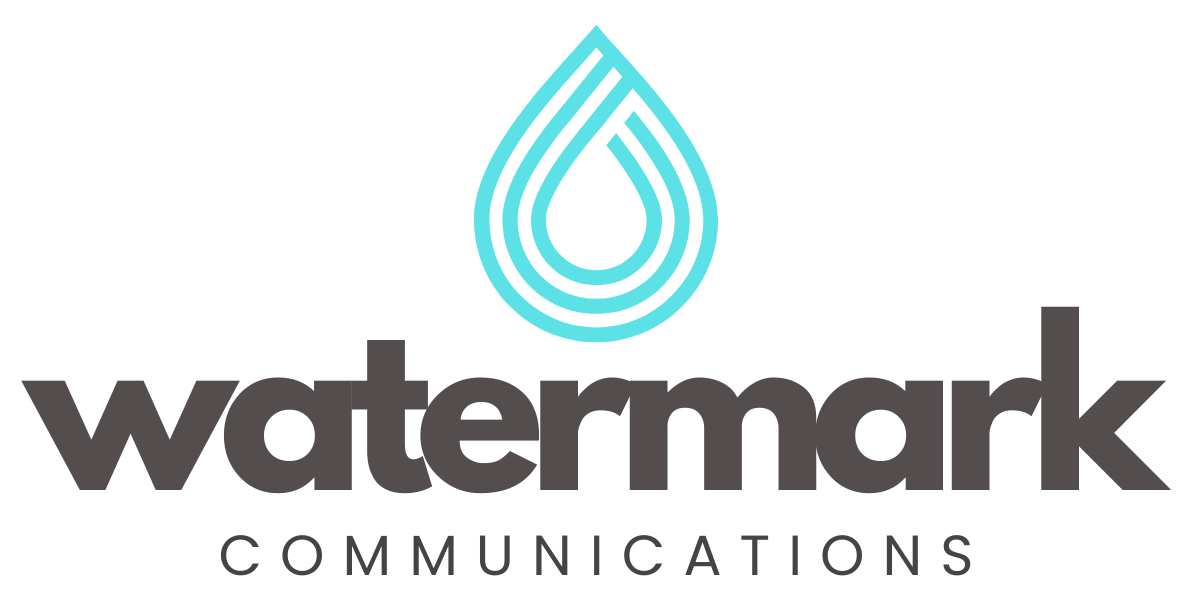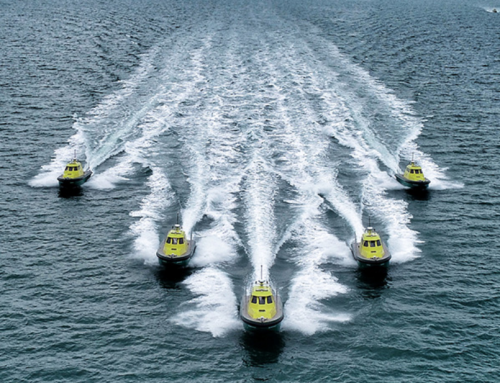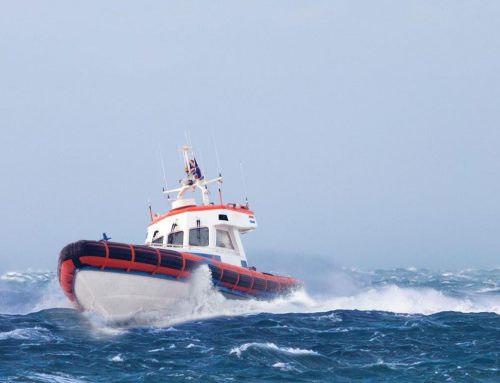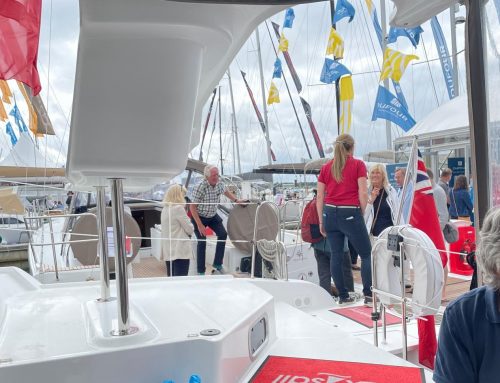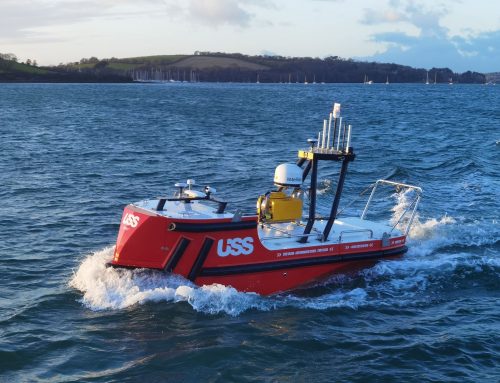US Student Cohort Event at National Oceanography Centre
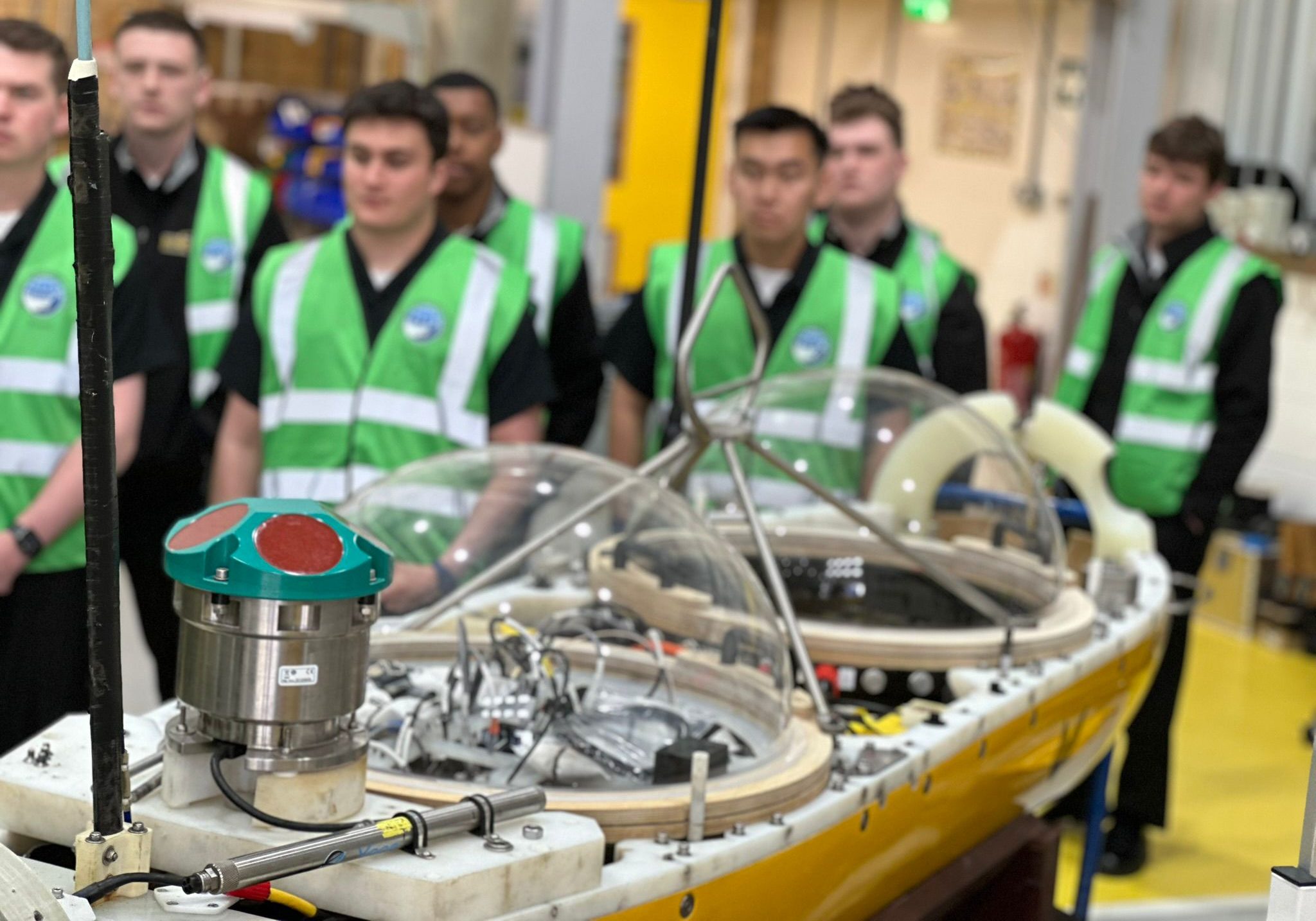
Watermark Communications was delighted to manage the event and run the public relations for an American cohort of international business students from Massachusetts Maritime Academy, who attended the National Oceanography Centre as part of their European experiential tour.
The visit was enabled through an international collaboration, which was spearheaded by New Bedford Maritime Innovation (NBMI), a New England headquartered organisation driving maritime innovation and sector collaboration on a global scale.
Collaborators included the National Oceanography Centre’s Marine Robotics Innovation Centre, together with Robosys Automation, South Hampshire College Group, and representation from the South African Maritime Cluster.
The Massachusetts Maritime Academy students are in their third year of studying an International Maritime Business course. Their UK visit was to enable the cohort to experience the myriad aspects of operating, and working with, international maritime businesses.
Presentations included The Opportunities and Challenges of Operating An International Maritime Business, and How Businesses Collaborate Domestically and Internationally. Another briefing was regarding Further Educational Colleges’ Pioneering Career Achievements, in particular regarding the acquisition of a new Digital Training Vessel USV for supporting emerging and future maritime careers in the UK.
The event was also supported by the team at the UK’s Marine Robotics Innovations Centre (MRIC) located and operated by the National Oceanography Centre. Mark Hamson, MRIC Business Manager, discussed the National Oceanography’s Relationship across its Operations, Academia, Research, and the Corporate Sectors.
The cohort also benefited from insights into the National Oceanography Centre’s Marine Autonomous & Robotic Systems (MARS) and experienced the workings of the MARS Workshop and discovered the purpose and impacts of the Natural Environment Research Council (NERC), which operates a fleet of autonomous submarines (Autosubs) and underwater gliders in their research activities, including the infamous Boaty McBoatface.
Following a working lunch, the event concluded with the students touring the National Oceanography Centre’s quayside, being where the research ships are based, together with the mobile remote operations unit for autonomous vessels.
A truly international collaborative event!
